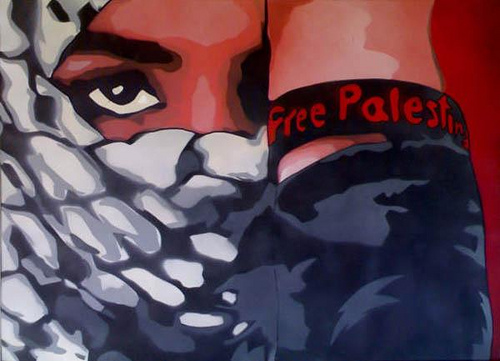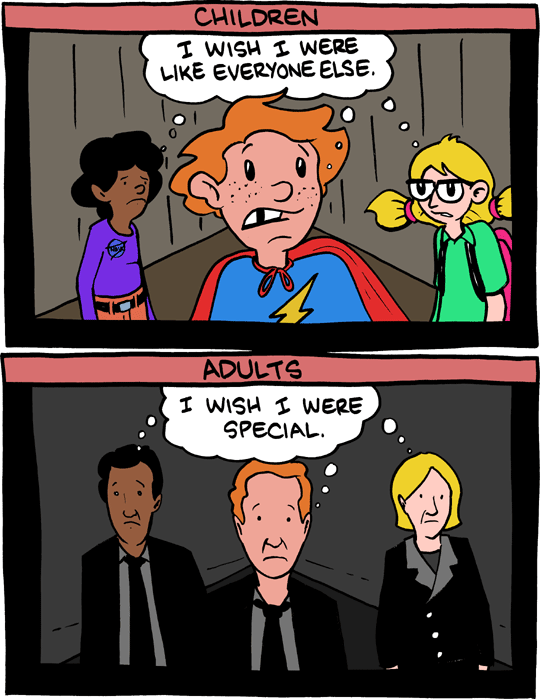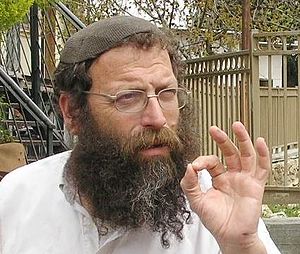As some may have already heard, today for the second day in a row a Palestinian teenager has been killed by settler fire. Assuming for the sake of argument that the version on Ynet is not a total embellishment, what happened today was that a few settlers were out on a peaceful hike when some Palestinians started throwing rocks at them. Fearing for their lives, they responded with live fire and hit a boy in the head, who is now clinically dead. Subsequently,
[e]xtreme rightist Baruch Marzel of the SOS Israel organization urged the settler public “not to be deterred and continue traveling throughout the Land of Israel. The Arabs must take into account that Jews are not suckers and are allowed to defend themselves against those who want to take our lives,” he said.
There’s a few interesting things about this case. First of all, the settlers going for a nice stroll through the Holy Land were, obviously, carrying firearms; there’s nothing unusual about this. Second of all, they were there asserting their right to go wherever they damn well please in the Land of Israel, disregarding the established practice (and law?) of coordinating this kind of thing with the police and military. ((This isn’t limited to the West Bank; I used to go hiking in an organized youth hiking thing and all hikes were coordinated with the security forces and escorted by an armed civilian.)) Third of all, once the clash had begun, the IDF showed up and defended the illegally hiking provocateurs, wounding further Palestinian civilians. ((Fourth of all, Marzel sees the armed killers as the victims, but whatever.))
There’s a logic to each of these things that’s at least well-understood in Israeli society, if not outright accepted or taken for granted:
- It really wouldn’t be safe to hike in a large group unarmed, even if in recent years it hasn’t been quite as bad as it used to.
- Settlers have always argued that Jews should be allowed to go and live wherever they want (preposterously claiming that Arabs can, an outright lie); while most Israelis probably see this kind of thing as a provocation, the basic logic is appealing and accepted on some level. Ideally, I too wish it were possible and safe for Jews, Muslims, Christians, or just humans in general to go and live wherever they want.
- The IDF is the military of Israel, and Israel sees its mission in physically defending the Jewish people, including any Jew, anywhere, from violence. That’s how the Holocaust justifies our statehood, after all. Also, Israeli taxpayers (which include the settlers) rightly expect the army they pay for to come to their aid when they face violence.
However, taken together, especially points 2 and 3, these things result in a tragically skewed balance of violence. Palestinians who wish to defend themselves must do so with stones. Israelis can do so not only with their own guns (which are sometimes full-fledged military-grade assault rifles) but with the assistance of an advanced modern army with a bigger budget than any other organization in the country. Combine this fact with Israel’s lenient attitude towards settler provocations, settlers can easily just “go hiking” somewhere where there are Palestinians, and be fairly certain the latter will come out of it with more bullet wounds than themselves.
I don’t mean to insinuate that all settlers are out to kill as many Arabs as possible. Some certainly are, but I’ve known too many lovely people who come from settlements to make generalizations about the whole population. However, there is an ideological settler movement which holds it to be perfectly fine to use violence against Arabs in order to maintain freedom of movement. This movement is currently not effectively reined in by the Israeli government and security establishment, and I’m not sure it ever has been. While the army regularly claims “keeping the peace” to be its motivation, such as when imposing a closed military zone somewhere, it usually ends up helping provocateur settlers rather than hindering them. In fact, settlers now know they just have to go to, say, a water hole, clash with some Arabs, and they will no longer be allowed to go there and collect water.
It should be obvious these provocations do not further our overall common interest of living in peace.
It gets worse though. Arabs prosecuted for violence towards Jews rarely win. It is common practice for the state to submit secret evidence, which the defense is not even allowed to see, and such “evidence” is often used to convict them. Sometimes, dubious information extracted from youths under duress is used as well, as it famously was in the case of Abdullah Abu-Rahma of Bil’in. On the other hand, Jews prosecuted for violence towards Arabs often have their case dropped before trial, and if convicted will always have a very lenient sentence. It’s also far unlikelier that the state will even try to prosecute them in the first place. ((All of this is just my semi-educated impression. I may have read it somewhere, but I admit I can’t be certain. If I’m wrong, please provide data to contradict what I said! I’d be glad to be corrected!))
The bottom line
Even if the bits of logic each kind of make sense on their own, the situation in the West Bank is currently a very vile form of apartheid. Not kinda-like-apartheid. Apartheid. ((It should be noted the division of rights in this apartheid is not based purely on race, but also on citizenship. It is apartheid none the less.)) If the Israeli state were truly interested in peace, public order, sovereignty, etc., the IDF would easily be able to keep the settlers from provoking violence. ((One way to do this, off the top of my head: take away weapons from all civilians in the West Bank, provide IDF protection only within settlement and in activities coordinated in advance and deemed non-provocative. Dismantle indefensible outposts as though they were unrecognized Bedouin villages.)) If the Liberman/Netanyahu/Barak government doesn’t do something quick (like, today) we may see more and more enterprising settlers go on “hiking trips”-cum-pogroms next week. And all the while, Egypt is exploding in revolution, our neighbors to the North and East aren’t looking as stable as they used to, and every week another country recognizes the Palestinian Authority as a sovereign state in the ’67 borders.
The Middle East is headed towards a world of violence, and frankly I don’t see anyone in the position to stop it. Shalom aleynu, wa salaam aleykum, wa salaam ma3hum. Peace be with us all.

![[Video] Elizabeth Lesser: Take “the Other” to lunch](https://www.didyoulearnanything.net/wp-content/uploads/video-elizabeth-lesser-take-the.jpg)












